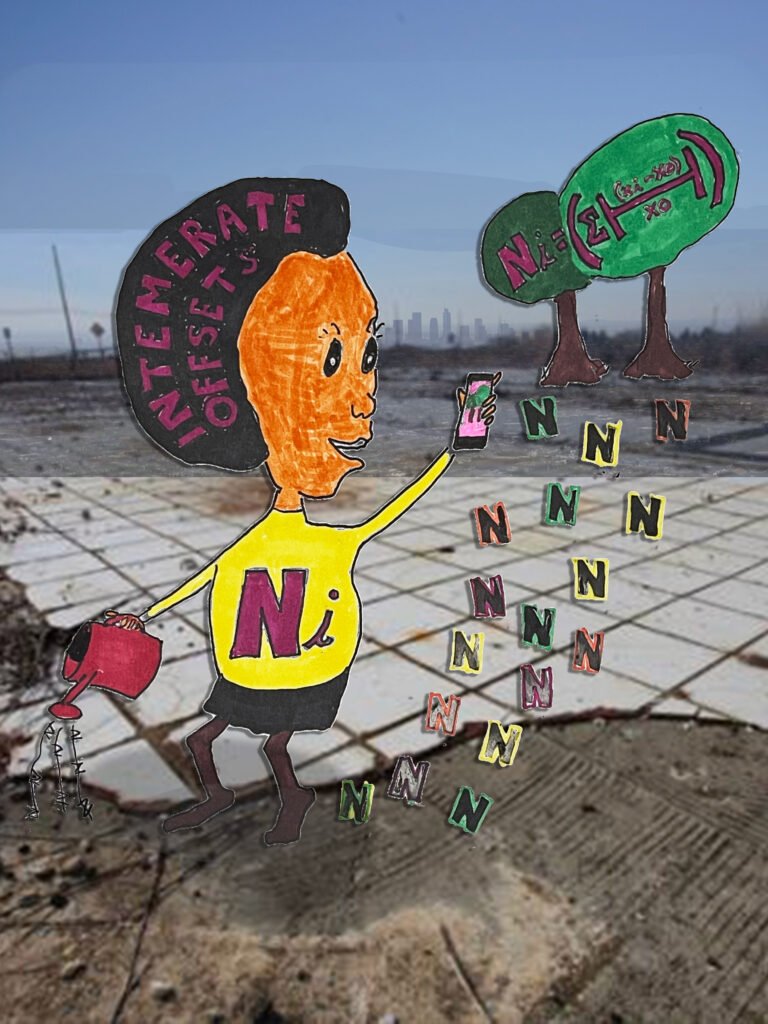
Central to the Intemerate Equation is how we account for Intemerate Offsets (N).
Rather than placing value only upon what is extracted, used, or consumed as a commodity or as natural capital, intemerate offsets value restoration. N allows us to value stewardship, choosing to not extract natural resources, but to restore our waterways, flora, fauna and their interactions.
The intemerate offsets (N) can represent all the measurable changes of our biosphere. With time as a constant, we can predict how long we may be able to restore our environments back to various baselines and package those measurements into financialized data chunks.
In a digital and connected world, we are wasting valuable time not engaging in the restoration of our ecological biodiversity.
N provides all of us with the opportunity and incentive to measure, examine, protect, nurture, analyze, describe, monitor and manage our environments. These are traditional and customary services, and it is the people that should be accounting for this locally, and in our national or regional economies, not institutions.
The tools of the 21st century are our smartphones and our connectivity to data. That data represents something pure, sacred and intemerate. It is something tangible that we can hold in our hand like a mudball, seeds, a shovel, or art.
Adopting an accounting side table will provide the kind of investment we need to engage in a true global “green” economy. Without just, fair and equitable change to our accounting methodologies, we will only perpetuate an eco-neoliberal economy.
Whether some things can be monetized or not is a technical question, and what that monetary value is may be a personal one, but we live in a global economy with very real ecological interactions.
Accounting for our interactions with each other and with nature is economic.
What we do counts.
